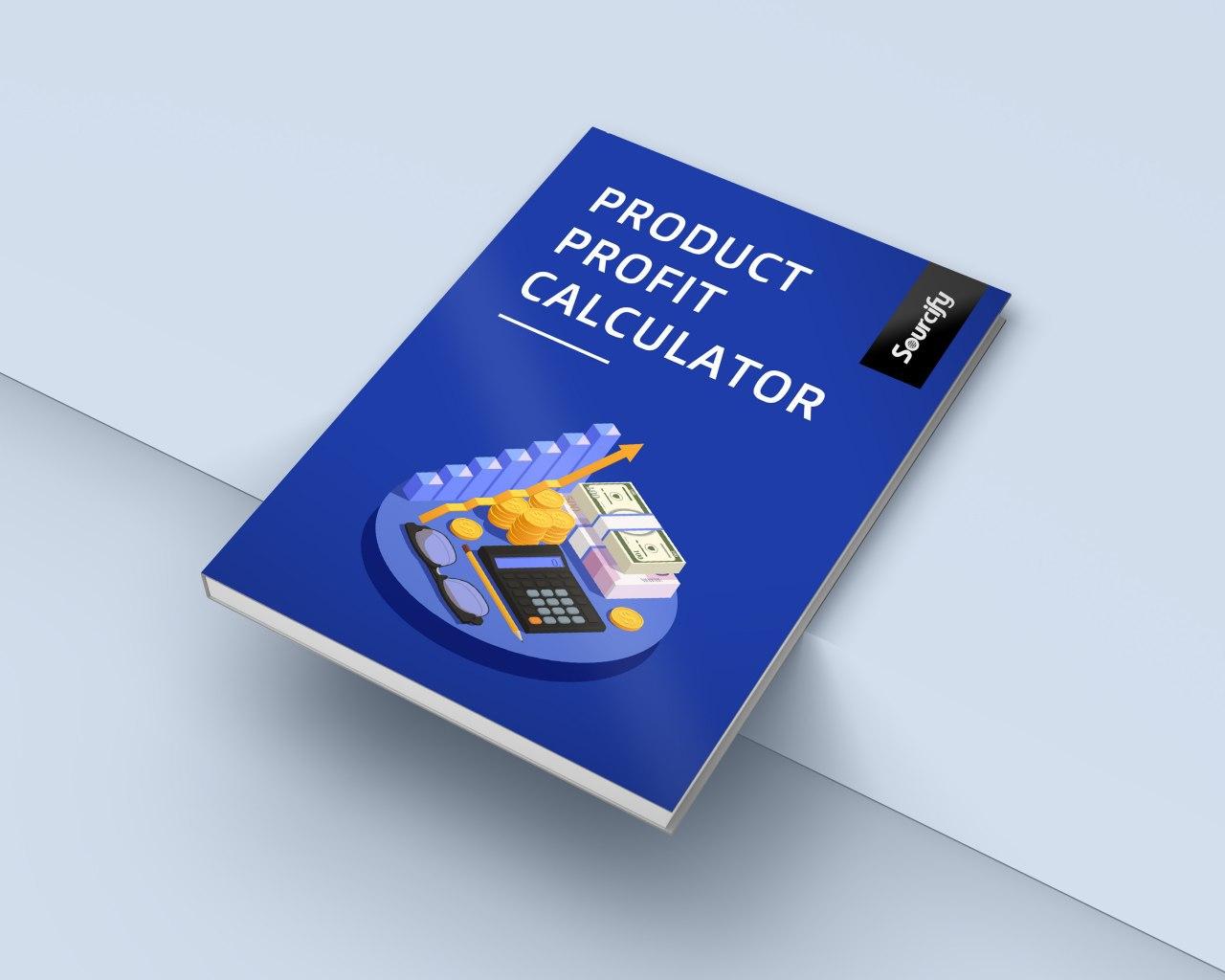In this engaging episode of eCommerce On Tap, Nathan welcomes GQC.io founder, Stephan Thaerigan who has spent 13 years in China, based in Shenzhen. Stephan’s journey has been intertwined with assisting e-commerce companies, retailers, and brands in navigating the intricate landscape of manufacturing and quality control in the heart of China.
Quality Control and Its Role in E-commerce
Quality control is the cornerstone of success in the ever-evolving landscape of e-commerce. As online shopping continues to gain momentum, customers demand nothing less than impeccable products. Factors such as quality fade have left brand reputations in shambles, so ensuring that your products consistently meet or (preferably) exceed expectations is paramount to building trust and maintaining a loyal customer base.
The Birth and Growth of GQC.io During COVID-19
Stephan’s voyage in the realm of quality control began more than a decade ago when he decided to call China his new home. Over the years, he has assisted e-commerce firms, retailers, and brands with their manufacturing and quality control endeavors in the heart of manufacturing itself – China. His extensive experience and understanding of the intricacies compelled him to build upon his idea of implementing German Quality Control in China, a business he named GQC.io.
GQC.io witnessed remarkable growth during the COVID-19 pandemic. Stephan provides insights into his experiences during this period, emphasizing that he was among the few foreigners who remained in China throughout the lockdowns. He shares how he turned the challenging situation into an opportunity to develop his business further.
Quality Control with GQC
Quality control in e-commerce encompasses a multifaceted array of processes to ensure that products align with the specified standards and requirements.
GQC.io offers an extensive range of services to help e-commerce businesses in this regard, including:
- Factory Audits: Conducting factory audits is pivotal in the quality control journey. This process involves a comprehensive evaluation of the supplier’s capabilities and reliability. It covers aspects such as assessing the supplier’s management practices, the efficacy of their quality systems, the setup of their factory, and the efficiency of their production processes. Ensuring your supplier is aligned with your expectations sets the foundation for a fruitful partnership.
- Sample Validation: Instead of incurring the cost and time of shipping product samples to your location, consider a more efficient approach. GQC.io allows you to send samples to their office in China for an exhaustive review. This process evaluates whether the samples meet your specified requirements and are “fit for use.” Not only does this save you time and resources, but it also streamlines the sampling process.
- In-Process Inspections: Quality control doesn’t solely pertain to the early stages of production. In-process inspections extend across various manufacturing phases, from the initial stages to the final product. This proactive approach plays a pivotal role in identifying and addressing potential issues early in the process, thereby reducing defects and upholding product quality.
Accurate Specifications for Effective Quality
The importance of precise specifications in the quality control process cannot be overstated. Effective communication with suppliers is the cornerstone of avoiding misunderstandings and ensuring that products are manufactured to your standards. When providing specifications, Stephan underscores the importance of being detailed and unambiguous. Here are some vital tips:
- Accurate Translations: Ensure that your specifications are meticulously translated into the supplier’s language to eliminate language-related misunderstandings.
- Comprehensive Details: Specify every detail, from component weights to size requirements. Leaving no room for ambiguity is of paramount importance.
- Vigilance: Pay close attention to any potential substitutions that factories might attempt. Some factories might opt for cheaper components to bolster their profit margins.
Negotiating with Chinese Factories: Strategies for Success
While Stephan primarily focuses on quality control, he imparts valuable insights into the art of negotiating with Chinese factories. Some key strategies include:
- Long-Term Focus: Emphasize your commitment to building a long-term partnership. This signals to factories that you envision a sustained and fruitful relationship.
- Detailed Specifications: Clear and comprehensive specifications are your best defense against misunderstandings and quality issues.
- Maintaining Quality Standards: Avoid cost-cutting measures in manufacturing. Instead, explore opportunities for savings in other aspects of your supply chain, such as shipping and packaging.
Quality Fade: A Looming Challenge
Quality fade, where the quality of products diminishes over time, remains a persistent challenge in the industry. As order quantities increase, some factories might relax their quality standards. To combat this, Stephan and his team continuously monitor defect rates, offer pro inspections, and collaborate with factories to rectify issues promptly.
Factories may not always greet third-party quality control inspections with open arms initially. There can be some hesitancy at the outset, but the advantages become apparent over time. Factories that prioritize quality control are better equipped to retain customers and foster improved relationships.
Horror Stories and Lessons Learned
In his extensive experience, Stephan has encountered some truly remarkable situations including, encountering a chicken running around in a factory’s production line, of all things. Other than that, factories with astonishing defect rates, often ranging from 30% to 40%, made Stephan question how these factories operated this long. These anecdotes underscore the critical importance of unwavering vigilance in quality control. Furthermore, they emphasize the pivotal role that clear communication and precision in specifications play in the process.
The Future: A Quality-Centric Outlook
As e-commerce continues to burgeon, maintaining high-quality standards remains a non-negotiable priority. Although Stephan has contemplated venturing into the e-commerce sector, he recognizes its substantial challenges. These challenges include inventory management, cost control, and sourcing top-quality products.
Takeaway
Stephan’s remarkable journey through the world of quality control in e-commerce provides invaluable insights for businesses striving to thrive in an increasingly competitive landscape. With a strong emphasis on clear communication, the cultivation of long-term partnerships, and an unwavering commitment to quality, e-commerce companies can successfully navigate the intricate complexities of manufacturing in China.
As the e-commerce industry continues to experience exponential growth, maintaining product quality will remain at the forefront of business priorities. Stephan’s wealth of expertise and real-world experiences are a stark reminder that quality control is an ongoing and indispensable process. It is essential for building trust with customers and nurturing solid and enduring relationships with suppliers.




